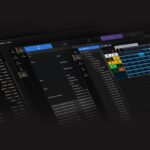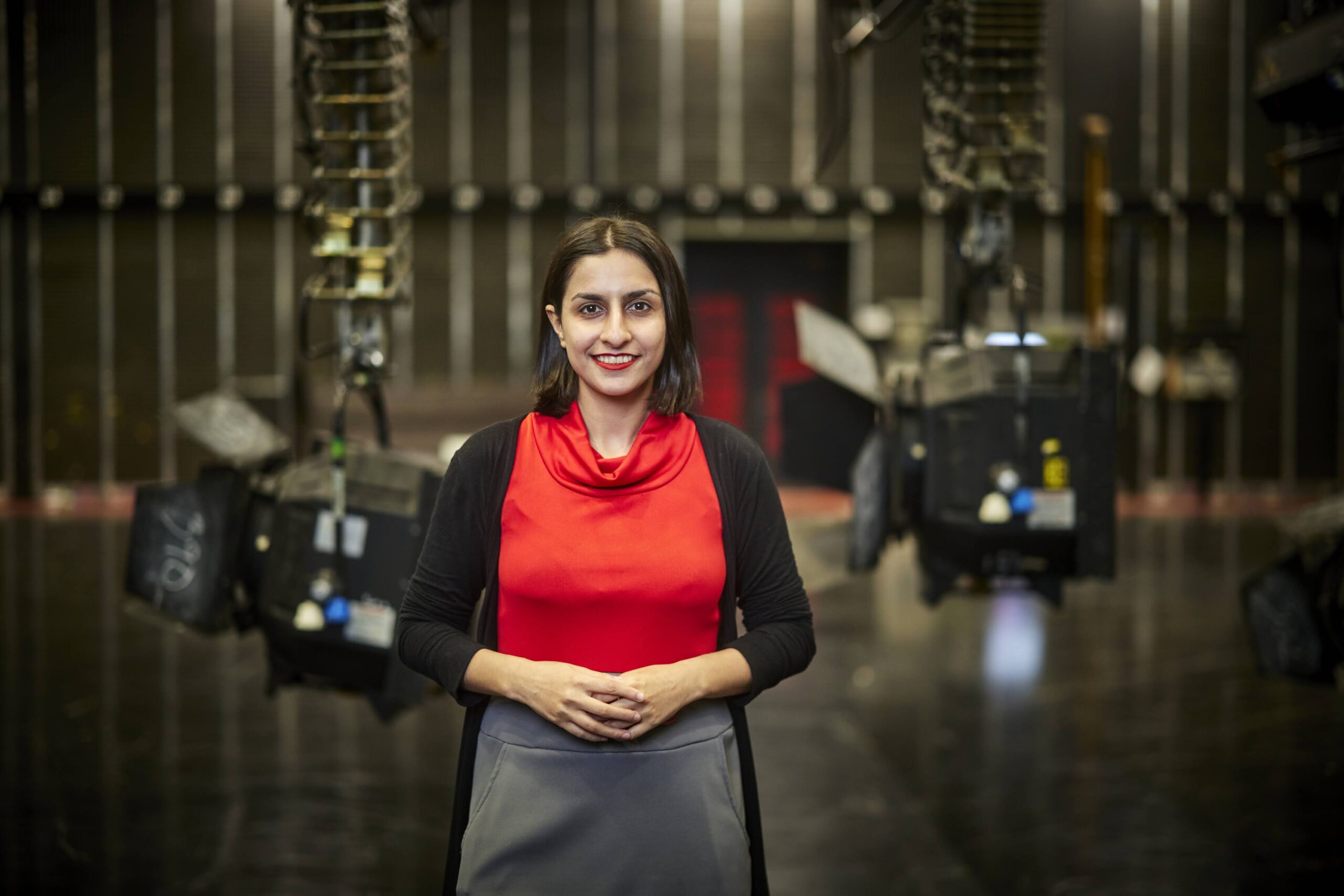Aya Al-Bayati joined Manchester-based virtual studio dock10 last year as a Junior Software Developer
Here, she speaks exclusively to Production360 about her career, the jobs she’s worked on and the advice she’d give those looking to break into the industry,
When did you join dock10 and how did you get your big break?
I joined dock10 in 2022 as a Junior Virtual Studio Developer. Having studied Computer Games Art at Teeside University, I passionately wanted to work in television despite having no experience.
At my interview, I emphasised my computer graphics skills and how they could be applied to Virtual Studios. Together with my enthusiasm, I was the ideal candidate to train in Virtual Studio design, an area with a widely-acknowledged skills gap.
What new technologies or processes have you brought to dock10 since you joined?
For the TV pilot ‘Crime Time’ I introduced an entirely new skillset to dock10 – photogrammetry. I learned photogrammetry at university, so was able to apply these skills to create 3D models of weapons from photographs – something dock10 had never attempted. I led this element, teaching the team and adding photogrammetry to dock10’s offering.
Notably, the programme commissioners were most impressed and excited by the photogrammetry elements and allowed dock 10 to expand their capabilities and enable new workflows.
What did you do before joining dock10?
Following high school, I initially enrolled at Durham University to pursue biomedical science. However, upon completing my first year, I realized it wasn’t my calling. Opting for a break, I delved into 3D modelling for gaming, discovering online courses that captivated my interest and fueled a desire for further learning. Subsequently, I enrolled at Teesside University, pursuing a BA in computer games art. Despite the focus on gaming, Teesside University emphasized the transferability of skills acquired, asserting their applicability across various industries. The degree program provided a versatile foundation for a multifaceted career trajectory.
What do you enjoy most about working in the industry?
Each day brings a fresh focus, ensuring that the work remains consistently engaging. The TV industry fascinates me; witnessing the extensive collaboration involved in crafting shows at dock10 is truly astounding. Viewers seldom grasp the magnitude of effort invested behind the scenes when they watch television.
Moreover, the ample support I receive here is invaluable; whenever I encounter a challenge or require clarification, I feel encouraged to ask questions. The team readily offers explanations and aids me in navigating through complexities. Exploring studio production on set is another aspect I relish, learning about everything from the intricacies of keying processes to camera calibrations.
While my academic background covers aspects of modelling, delving into the realm of the television industry has been an enthralling and enlightening experience during my training.
What are some of the notable projects you have worked on?
Inside No.9 was one of the first projects I worked on with dock10. I helped with the LED screen and ensured that it worked with the camera movements. This is where I quickly got to grips with processes, techniques and workflow used in virtual studio design and build.
Another major project was for a high-end cartoon series called ‘The Elementals’. For this, we motion-capture in a virtual studio where I was entrusted with making motion-captured characters appear like stylised cartoons from conception through to studio.
This was again something dock10 had never attempted and involved me learning entirely new processes – adding texture, compensating for camera angles, adding cartoon-style outlines, and separating the cartoon-style characters from realistic backgrounds.
My first fully-managed project was ‘Monsters of the Deep’, a challenging feasibility study for Mentorn as a sequel to ‘Dinosaurs with Stephen Fry’. Mentorn needed dock10 to prove that UnrealEngine4 could achieve the same exceptional results as UnrealEngine5 for this underwater spectacular. Although it was my first underwater build, I embraced challenges including making the waves appear realistic with ripples, distortion and light.
What advice would you give someone wanting to get into the industry?
Don’t fret about embracing novelty. Don’t allow the idea of attempting something different to intimidate you. Securing a position at dock10 has been an incredibly fortunate opportunity for me— their support and flexibility are exceptional. I’m thrilled I took the chance.






